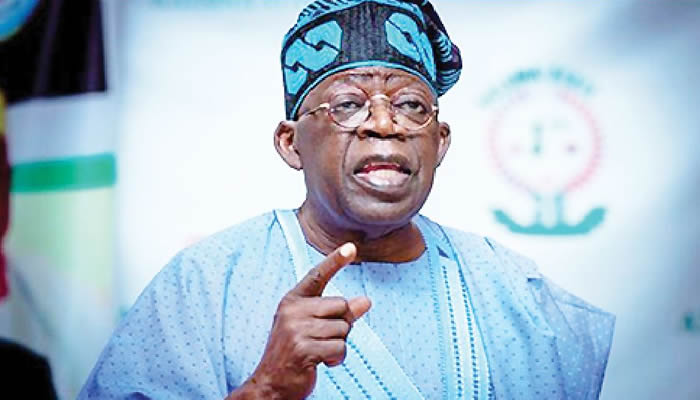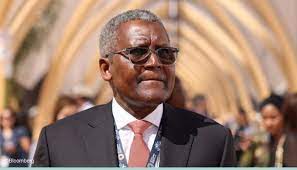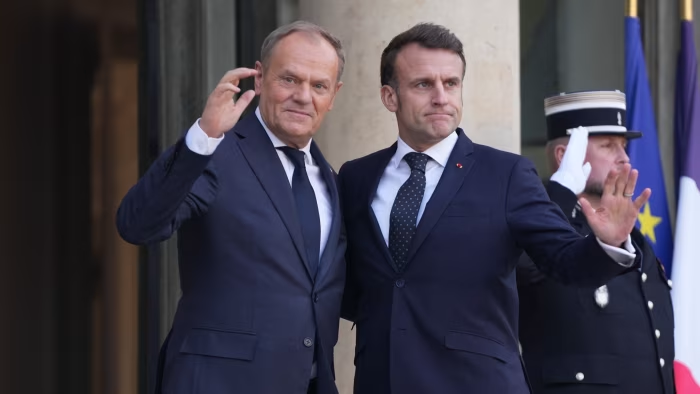France and Poland have signed a landmark strategic cooperation treaty aimed at deepening bilateral defence ties amid escalating security concerns in Europe. The pact, signed Friday in the eastern French city of Nancy by President Emmanuel Macron and Polish Prime Minister Donald Tusk, features mutual security guarantees as its core.
Tusk, speaking ahead of the signing, emphasized that “the very essence of this treaty” is the provision for mutual defence. “In the case of an attack against Poland or France, the two countries commit to providing mutual assistance, including military assistance,” he stated.
The accord, a significant step in strengthening the European Union’s security framework, comes as EU nations reevaluate defence strategies in light of Russia’s ongoing war in Ukraine. The agreement also hints at potential cooperation on nuclear deterrence, with Tusk noting the treaty “opens up the possibility” for discussions in that area. France remains the EU’s only nuclear power.
The French presidency described the treaty as elevating the Franco-Polish partnership to a new strategic level, particularly in the fields of defence and energy.
Relations between the two nations have warmed since Tusk returned to power in late 2023, replacing Poland’s previous conservative leadership. With Germany facing political uncertainty, France and Poland are increasingly seen as key pillars of European defence, especially in supporting Ukraine.
Poland, which borders Russia’s Kaliningrad exclave, has repeatedly voiced concerns about regional security and is significantly expanding its military, targeting 300,000 troops by 2035—already surpassing the French and German army sizes, according to NATO.
Observers note that the treaty also serves as strategic messaging. Nancy, the treaty’s signing location, carries symbolic historical weight as the former seat of Poland’s King Stanislaw I, father-in-law to France’s King Louis XV. The event also coincided with Russia’s Victory Day military parade in Moscow, underscoring the contrast between growing European unity and Russian military displays.
The timing is equally significant for Poland, with presidential elections scheduled for May 18 and heightened concerns over Russian disinformation. Analysts see the treaty as both a practical defence measure and a bold political statement of European solidarity.









